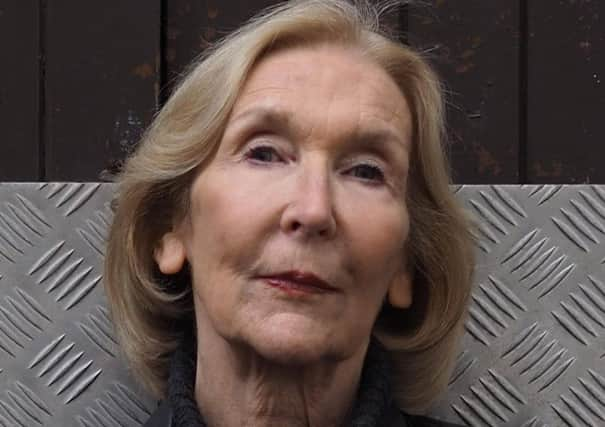Book review: Burnout, by Claire MacLeary


While the revelations about Harvey Weinstein, the #MeToo movement and the release of gender pay gap figures have put issues of equality in the headlines recently, crime fiction has been quietly examining violence against women, domestic abuse and plain old sexism for a long time, and Burnout is a welcome addition to the conversation.
There are plenty of angles covered: Maggie’s dealings with the police see them veer towards patronising at best – and in private, lone woman in the team DC Susan Strachan deals with sexist assumptions about what work she’s suited to and hears all the sneers about “women of a certain age”. Meanwhile, Wilma may be strong-willed, but cracks are beginning to show in her marriage as Ian complains she spends too much time on the PI business. Maggie’s colleague, teacher Ros, has a young child and a controlling husband. And then there’s a husband who has to deal with uncomfortable questions from the police...
Advertisement
Hide AdMacLeary deftly moves between the women, underlining that domestic abuse and misogyny come in many forms and occur in all parts of society, top to bottom. She also reminds us that both men and women can fear to voice suspicion or even realise there is cause for concern, so used are we all to “the way things have always been” and “oh, well, every marriage has its problems”.
It’s hard not to put two and two together at the half-way point and jump to terrible conclusions about what will happen, but MacLeary takes us down a different path. Ros and Sheena are both determined to take back control of their lives; to find themselves again after the suffocation of self to a marriage.
My one quibble with the book is that Ros is dispensed with rather too easily – it’s unlikely her future will be plain sailing despite her determination, and this isn’t acknowledged because the focus of the final section is so firmly on Sheena (whose tale has an excellent twist to it).
There is little physical violence and no dead bodies in Burnout; no rushing about with flashing lights and sirens – the pain inflicted is more emotional and psychological. But this darkness of subject matter is leavened with humour, especially from Wilma, and the warmth and comfort of her and Maggie’s relationship – which spreads out to enfold Sheena and Ros in particular – is a welcome antidote to the nastier traits on display.
Burnout examines a timely subject, but it’s the depiction of relationships, all with plenty of nuance, that is the main reason to pick up this book. MacLeary’s confidence in her writing and central characters grows with every chapter, building on the fine foundation of Cross Purpose. You should make time to get to know Maggie and Wilma.
Burnout, by Claire MacLeary, Contraband, 288pp, £8.99